Mysore Modernreconceptualizes Indian modernity through critical engagement with some important themes taken from the history of the Princely State of Mysore. In this work, Janaki Nair argues that the Princely Indian states were usually regarded as spaces that were either defined entirely by the dominant narratives of colonial/national modernity or were relatively untouched by them.
Grounded in political history, and deriving insights from a wide range of visual, social, and legal texts and issues, Mysore Modern reperiodizes the modern by connecting these apparently discrepant registers to build up a case for a specifically regional, “monarchical modern” moment in Indian history. Nair examines mural and portraiture traditions, as well as forms of memorialization and nationalization of art and architectural practices. The volume also considers bureaucratic efforts centered on the use of law and development as instruments of modernity.
As Nair demonstrates, a political history of Mysore, and of its many experiments with modernity, while relying on such disparate prisms as art and architecture, the law, or the discourse of development, challenges not only more conventional narratives of Mysore’s modern past, but signals the necessity of taking the region, rather than the nation, as the ground for specifying forms of Indian modernity.
The work will be of interest not just to those specialists who work on the history of Mysore/Karnataka, but also to art historians, social and legal historians, while appealing to many who are more generally engaged in rethinking both the region and Indian modernity.

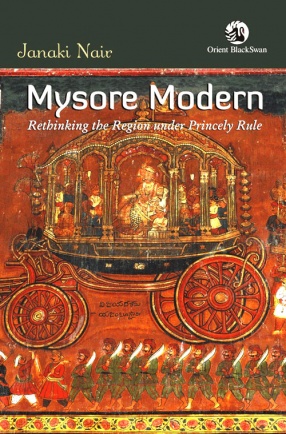
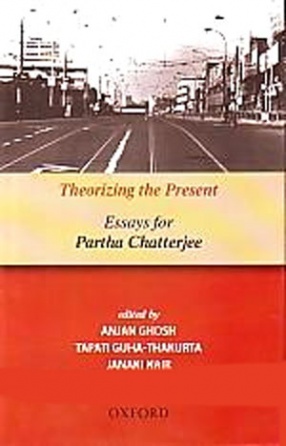

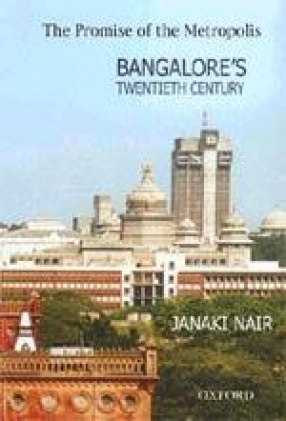
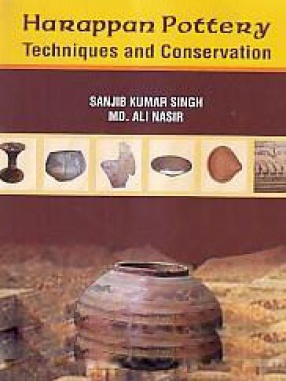
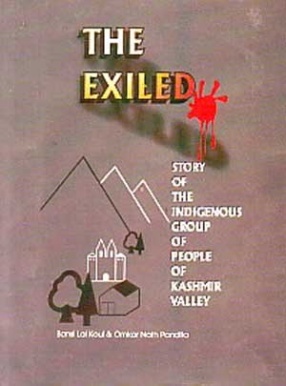

There are no reviews yet.